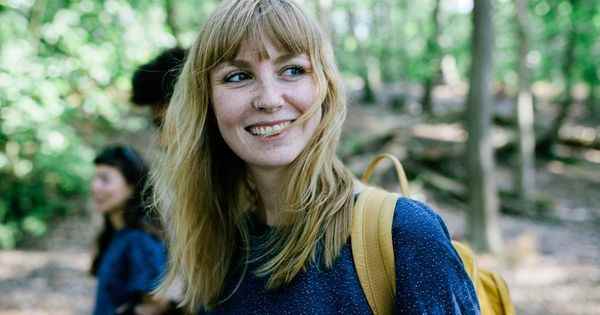Posted on 06/22/2021
2 min read
The 20-5-3 method, based on the concept of the pyramid of nature, gives you the time you need to spend outdoors per day, month and year to reduce stress, anxiety and see more. real benefits on mental health.
Even though the freedom to go out, have fun and see family and friends is slowly making a comeback and summer vacation is just a few weeks away, the mental after-effects of the health crisis are still there. The number of prescriptions for anti-depressants and anxiolytics increased considerably during confinement.
Now that the mileage restrictions are over and if you take the opportunity to take care of your mental health with the 20-5-3 method designed to combat stress and anxiety.
The right dose of daylight for stress relief
This method was developed and tested by, Tanya Denckla-Cobb, an American scientist from the University of Virginia. It is based on the principle of a “pyramid of nature”. A scheme that distributes the right amount of time to spend in certain types of places in nature to be able to benefit from its benefits against stress. A bit like the pyramid used by nutritionists to explain what quantity for what type of food is the most important, the bottom of this pyramid represents the most important part of time spent outdoors daily, then the more you go up, the more the time to pass must be long in an increasingly wild space.
Consult a therapist online
20 minutes, 5 hours, 3 days
The decomposition of time is divided as such:
- 20 minutes per day: exposed to sunlight in a park or garden.
What benefit? In a study published in theInternational Journal of Environmental health Research, the researchers found that 20 minutes, even in a park, even without exercising was enough to improve mental well-being. - 5 hours per month in a green space such as forest or fields.
What benefit? Do you know sylvotherapy? It is an approach originating in Japan also called “forest bath”. Long studied, the results show consequences on the fall of cortisol, the stress hormone, in the brains of the participants. - 3 days a year real disconnection in a place cut off from civilization in the middle of nature and without digital connection.
What benefit? “To function optimally, the brain must alternate moments of concentration and moments of wandering. However, when we are constantly on a screen, we deprive our brain of those moments of inactivity when neurons will start to work on memory, decision making…“, explained Thibaud Dumas, neuroscientist and research director at Into the Tribe (an agency specializing in Digital Detox seminars in Europe, editor’s note).
Do not wait any longer, go and enjoy the great outdoors!
.
dts6
